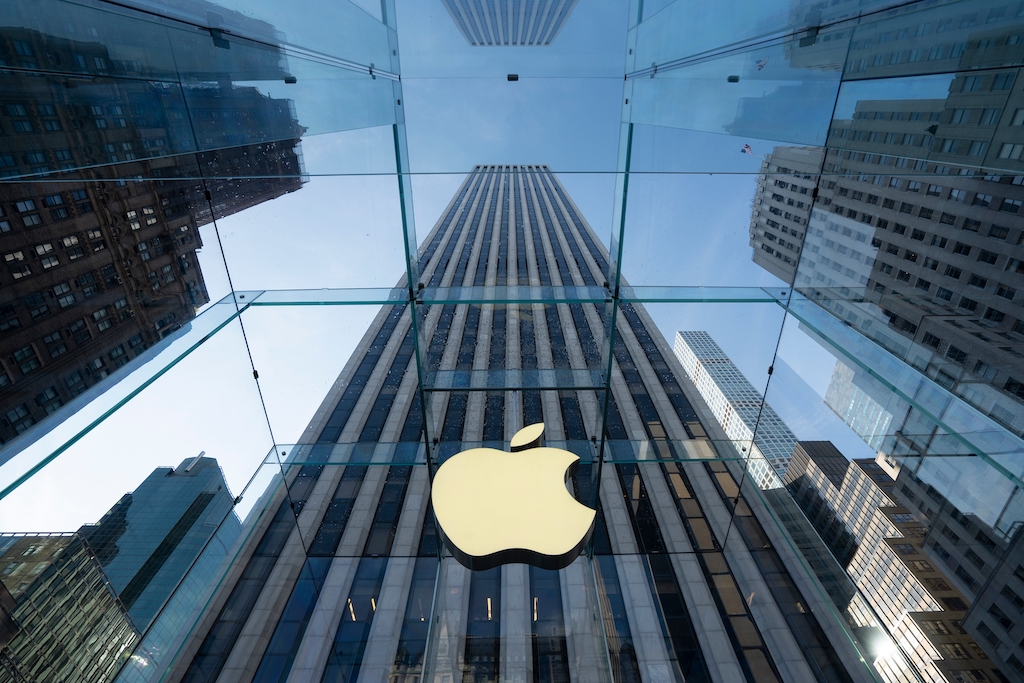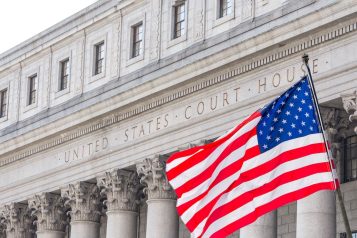
In a recent legal development, Apple has gained approval from a British Columbia court to settle a class-action lawsuit, bringing a new twist to the ongoing ‘Batterygate’ controversy. The settlement, amounting to a significant $14.4 million, addresses allegations of iPhone throttling, specifically targeting models like the iPhone 6 and iPhone 7.
The class-action lawsuit accuses Apple of intentionally slowing down certain iPhone models through software updates, a claim the tech giant vehemently denies. Despite maintaining innocence, Apple has chosen to opt for a settlement, signaling a resolution to the legal proceedings.
The defined class eligible for this settlement includes Apple customers who purchased specific iPhone models running particular iOS versions. However, the settlement only applies to residents in all provinces in British Columbia, excluding Quebec. Eligible individuals must provide their iPhone’s serial number to qualify.
The settlement terms outline a payment range for affected consumers, varying from $17.50 to $150. These figures aim to reflect the perceived inconvenience and disruption experienced by individuals within the specified class. However, uncertainties remain about the proportion of the settlement fund allocated to legal fees.
Class counsel Michael Peerless expressed contentment with the court’s decision, noting the fairness and reasonability of the proposed settlement. While Apple insists that agreeing to the settlement is not an admission of fault, Peerless commended the company for its proactive approach in resolving the matter, stating that Apple “did the right thing and came forward.”
This settlement adds another layer to Apple’s ongoing legal challenges surrounding the ‘Batterygate’ controversy. At its core, ‘Batterygate’ involves the intentional slowing down of iPhone performance through software updates. Apple contends that these updates were designed to maintain device stability and benefit consumers by preventing unexpected shutdowns caused by battery wear.
Earlier this year, Apple commenced payments from its 2020 $500 million settlement to conclude a similar class-action lawsuit in the United States. In that case, class members received compensation upwards of $92 per claim, highlighting the substantial financial implications for the tech giant.
As this chapter of the ‘Batterygate’ saga concludes, it remains to be seen how this settlement will influence Apple’s future software practices and how the company navigates potential legal pitfalls. The resolution underscores the complexity of balancing consumer interests, legal responsibilities, and technological advancements in the ever-evolving landscape of mobile technology.


















